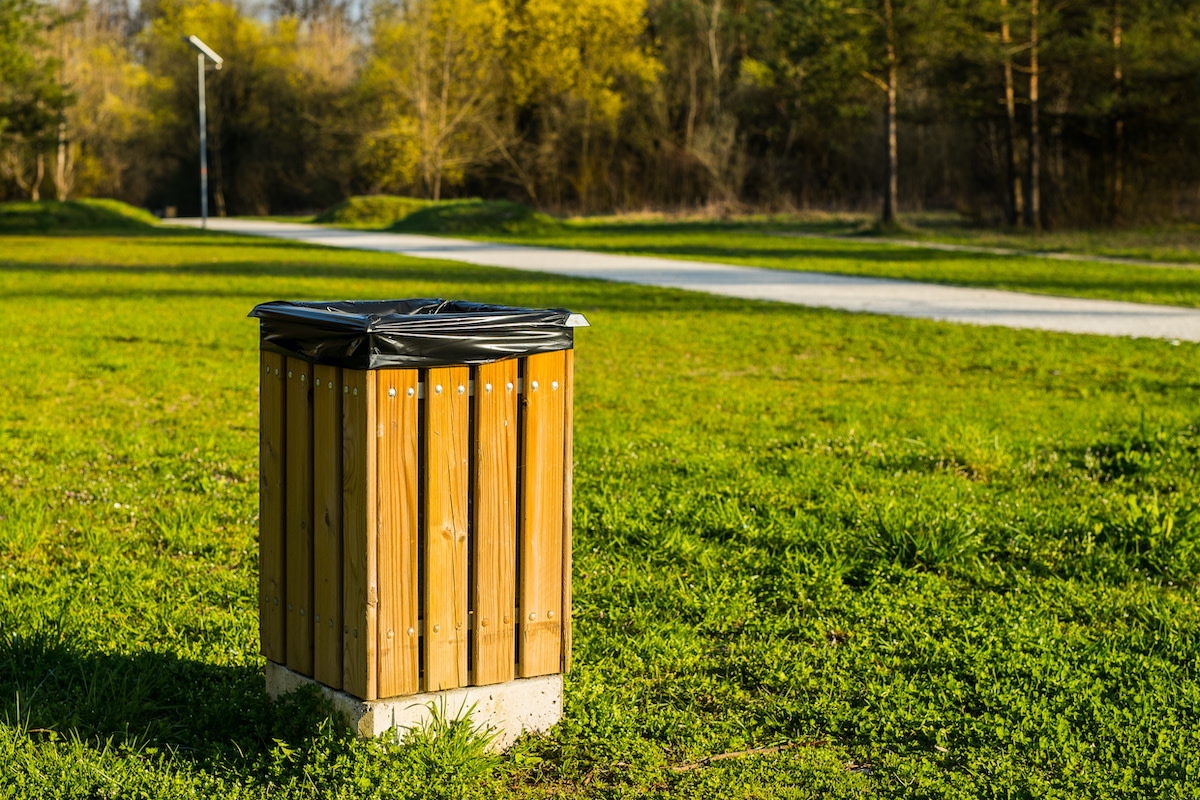Free Rider Problem: Definition and Examples
Written by MasterClass
Last updated: Jul 31, 2022 • 3 min read
Whenever you enjoy something that seems free, such as a day at a clean beach, someone pays for its upkeep, which technically makes you a free rider. The free rider problem describes what happens when many people enjoy a seemingly free resource without paying for it.
Learn From the Best
What Is a Free Rider?
A free rider enjoys and utilizes the benefit of a public good without paying for it and, in essence, gets a “free ride.” First used in The Logic of Collective Action: Public Goods by Mancur Olson, the term “free riding” describes his idea that individuals make choices based on personal preference and thus have no incentive to contribute to the public good. You can also find the term free riding outside of economic theory, such as in political science and psychology.
What Is the Free Rider Problem?
In social sciences, the free rider problem describes a situation where too many people refuse to pay for a public good or its upkeep because they know they, along with everyone else, will have access to the service whether or not they pay. When enough people have little incentive to contribute, it leads to market failure. The cause of the free rider problem stems from the fact that public goods are non-excludable and non-rival. Non-excludable means you and everyone else enjoy the public good as a common resource without exclusion. Non-rival consumption means you don’t have to compete with one another to enjoy the service.
The free rider problem creates a lack of profitability, which means private companies and entrepreneurs resist producing collective goods in the free market and focus solely on private goods, leaving the government responsible for providing public goods. The government funds large-scale public goods such as roads or public transit through taxation, but smaller-scale community projects may find free riders a roadblock to local initiatives.
Why Are People Free Riders?
A game called the “prisoner’s dilemma” best explains the reason why you might not pay for public services, even though it benefits you do so.
Let’s say your town wants to build a public garden, and the local community asks you and another person to contribute. If you both contribute, they will build the garden, and the entire town will benefit. If only you contribute, and the other person becomes a free rider, they will still build the garden, but only you will have lost money. If neither of you pays, there will be no garden at all. The free-rider problem appears when you and the other person act in self-interest, knowing you can enjoy the public garden at zero cost by assuming the efforts of others will pay for its construction.
5 Examples of the Free Rider Problem
You’ll find the free rider problem in various situations where everyone enjoying a public good doesn’t reduce service availability. Examples include:
- 1. Lighthouses: All sailors, regardless of nationality, benefit from a country’s lighthouses to keep them safe, despite not paying for their construction or upkeep.
- 2. National defense: The beneficiaries of national defense may or may not have paid their taxes to support it, but the military will protect them nonetheless.
- 3. Resource protection: Common resources—such as oceans, rivers, and fresh air—suffer from a situation known as the tragedy of the commons, popularized by the ecologist Garrett Hardin. The theory states that people act in their own self-interest and cause destruction to resources through uncoordinated action. For example, your community wants to prevent overfishing of a local river, and you assume others will fish less, so you don’t curb your behavior.
- 4. Street lighting: You can’t stop people from enjoying the benefits of street lighting, regardless of whether or not they’ve contributed to its existence.
- 5. Trash clean-up: If your community regularly cleans up trash from public spaces, there’s no incentive not to litter since you’ll assume someone else will pick it up.
Possible Solutions to the Free Rider Problem
Though the free rider problem presents a challenge, possible solutions include:
- 1. Encourage altruism: This means appealing to the public’s intrinsic desire to do the right thing. Though logically, some people might dip into the desire to get a free ride, direct communication about the benefits they make as individuals can affect decision-making behavior.
- 2. Offering incentives: These incentives can be symbolic. For example, you contribute to installing a park bench and receive a beneficiary plaque.
- 3. Privatize public services: Privatizing the public good reduces the free rider problem by making the ordinarily public services exclusive, such as creating parks only available to local residents.
- 4. Taxation: Funding public goods through taxes divides the cost of public services equally among all citizens, with attempts at free-riding corrected through tax laws.
Learn More
Get the MasterClass Annual Membership for exclusive access to video lessons taught by the world’s best, including Paul Krugman, Doris Kearns Goodwin, Ron Finley, Jane Goodall, and more.
